The CircuWasteVETAfrica (CWVA) project aims to contribute to the African Union’s vision for the 2024 theme: “Educate an African fit for the 21st Century Building resilient education systems for increased access to inclusive, lifelong, quality, and relevant learning in Africa.”
CircuWasteVETAfrica will contribute by solving the “Triple-E” challenge: Education, Employment and Empowerment” in the four targeted African countries: Angola, Ghana, Namibia, and Sao Tome which are among the least developed countries according to UN Trade and Development.



CircuWasteVETAfrica aims to address educational challenges by developing a unique multidisciplinary vocational programme that equips learners with practical skills for reducing, managing, and reusing urban waste. It integrates frugal innovation principles and foundational knowledge of advanced technologies like IoT and Blockchain. It also fosters entrepreneurial capacity through training in circular business models and micro-entrepreneurship, preparing learners to tackle practical sustainability and economic challenges effectively.
CircuWasteVETAfrica will involve local vocational training schools to increase the number of green advocates in these communities. It will actively engage managers, teachers, and students to serve as green ambassadors. The project will facilitate the development of private-public partnerships and cross-border collaborations to build a robust network for sustainable practices in the targeted countries.
CircuWasteVETAfrica project will analyse local skill gaps and tailor training programs to meet the specific demands of the Green job market. To foster employment, it will identify and engage local stakeholders involved in the circular waste value chain including production, management, upcycling, and recycling as potential employers. Additionally, the project will organise job fairs for pilot training students to connect with employers for job opportunities.

Each project activity reflects an interconnected approach to achieving the goals of the CircuWasteVETAfrica project. It adopts a collaborative working method where the process has been broken into several stages and involves constant collaboration with VET schools and private and public stakeholders with continuous improvement and iteration at every stage.
The consortium will design a Train the Trainer programme with content around six relevant training materials that focuses on the pedagogical upskilling and training transfer to learners, circular waste technical skills, circular business model,
micro entrepreneurship, public and private partnership and digital innovation. The output of this programme will help pilot a Learner’s Programme with African students in Ghana, Namibia, Angola and Sao Tome. A detailed curriculum that will focus on Digital Green Waste Management and Circular Economy courses.
The consortium will engage stakeholders in the circular economy and green waste value chain and conduct a skills gaps assessment in project countries to help tailor the programmes based on industry need and leverage initial stakeholders contribution for the project’s exploitation.
Additionally, we will boost the project impact by establishing the project’s brand awareness through local community engagement, partnerships between VET institutions and local authority and ensure the dissemination of all project results in EU and Africa and accreditation of the VET programme.
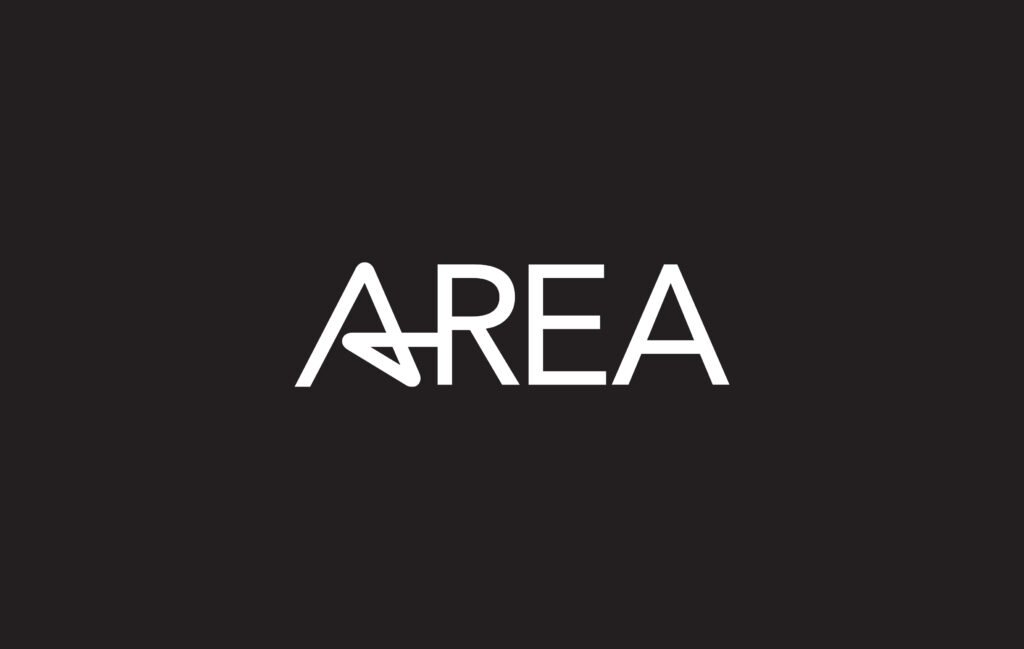
The Coordinator of CircuWasteVETAfrica is AREA, an SME based in Udine, Italy specialised in knowledge and technology transfer between mature and emerging markets, with a focus in Africa.
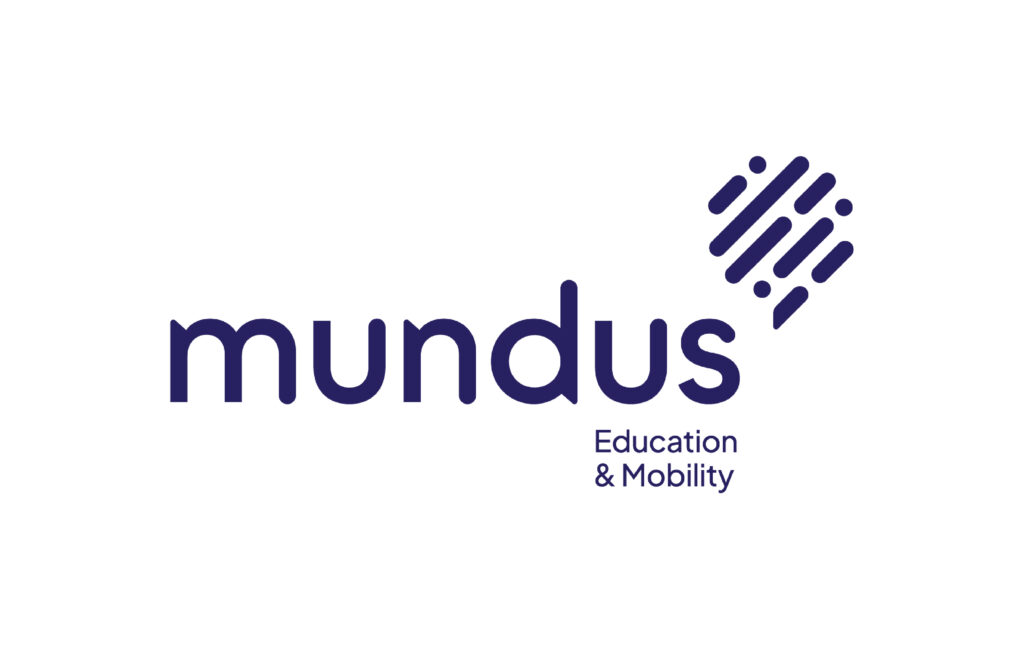
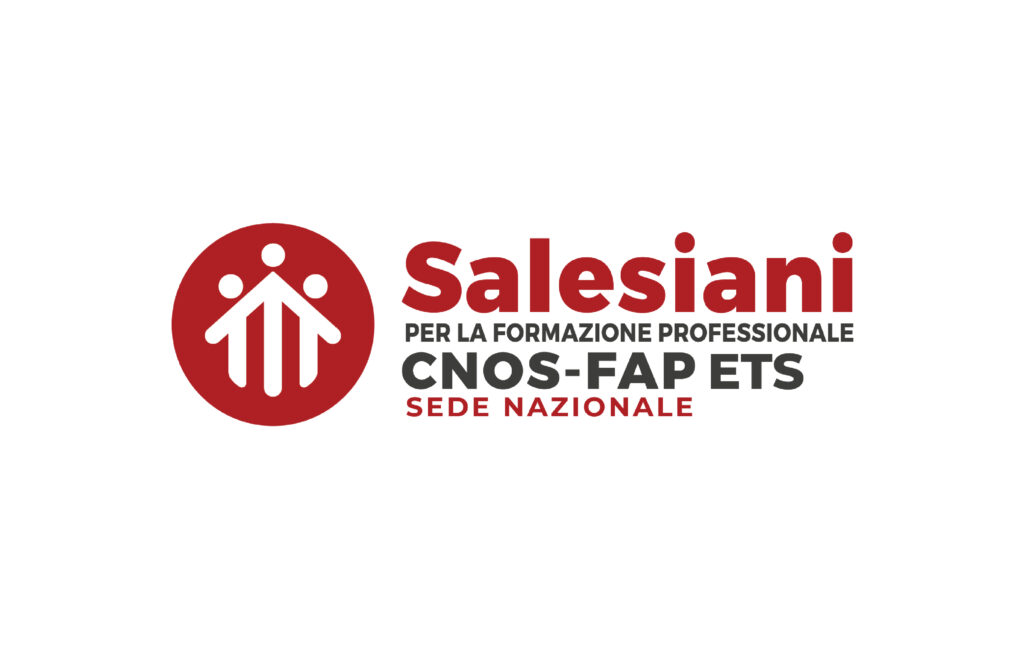
CNOS-FAP is an Italian network of Salesian VET providers. CNOS is experienced in delivering Capacity building and Train-the-Trainers in African countries on technical and pedagogical aspects, such as WBL, TVET-Business partnership, and digital Pedagogy with a competency-based approach.
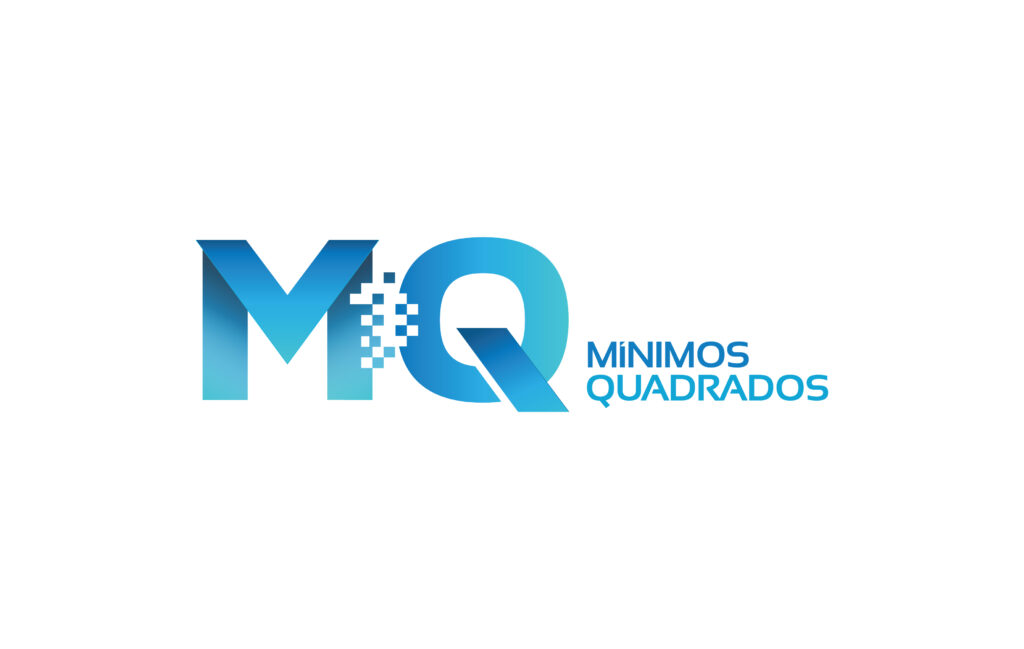
Mínimos Quadrados is a Portuguese consulting and research and development SME based in Portugal, with experience in Erasmus+ cooperation partnership projects, notably in the design and development of educational and training materials, including green and circular entrepreneurship and circular economy.
Visit website
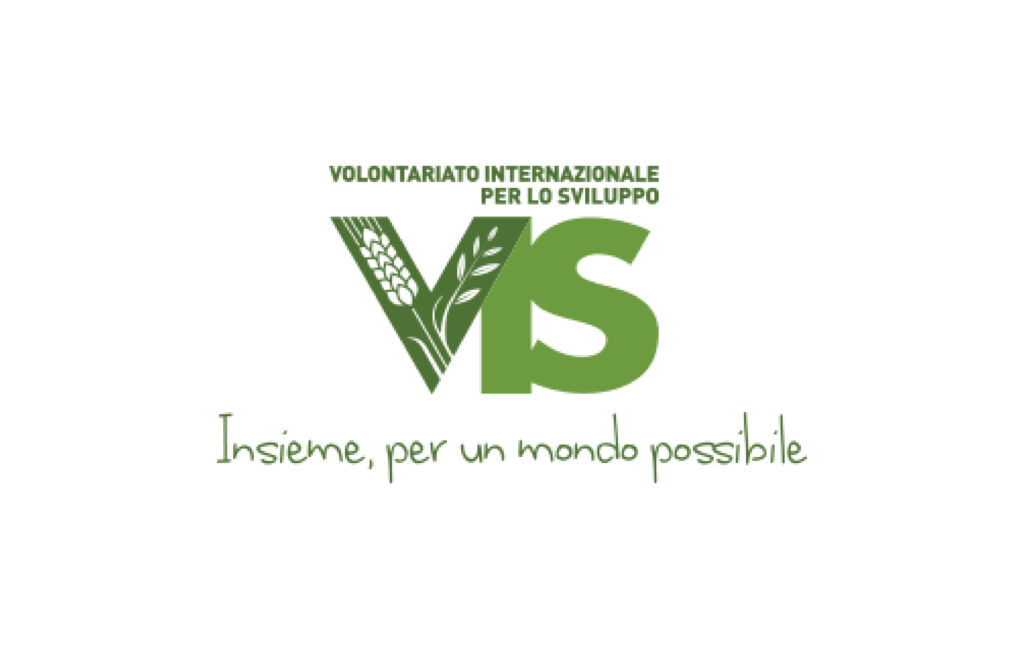
VIS Angola is one of the leading African partners, an NGO based in Angolla that develops vocational training activities in close collaboration with public and private schools. They focus on child protection, youth reintegration, and capacity-building for local institutions and organizations. They are involved in several European Commission-funded projects that support vulnerable children and youth, providing them with opportunities for education and skills training.
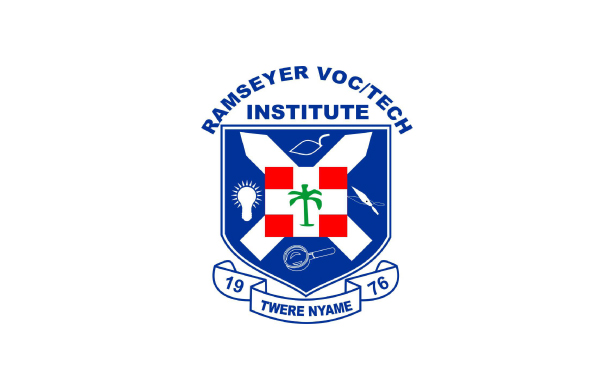
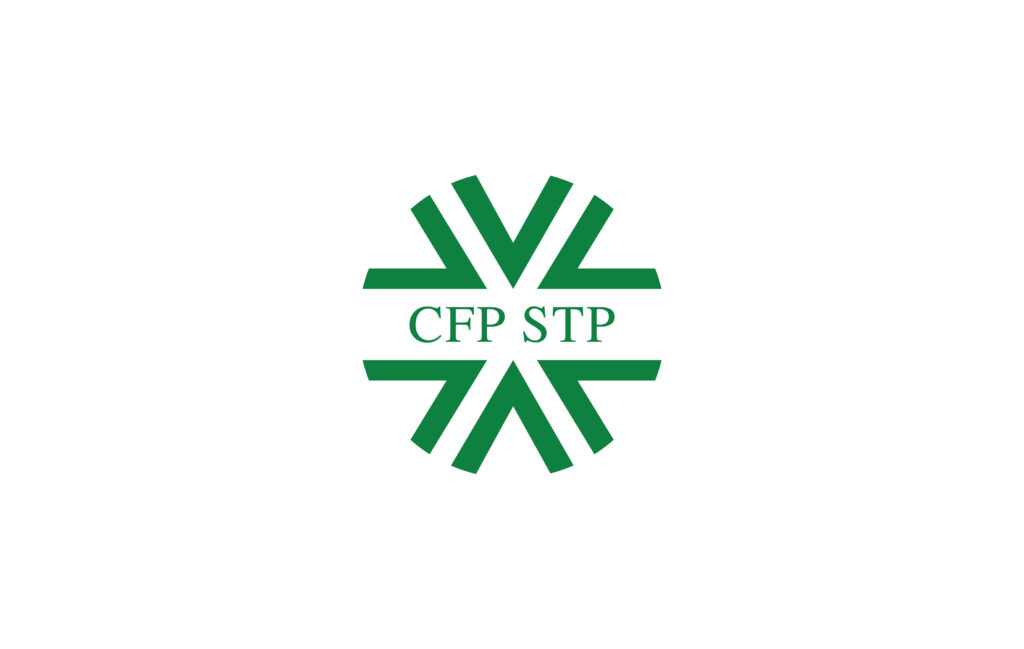
Centro de Formação Profissional de São Tomé e Príncipe in Sao Tome is a VET-recognised school based in Sao Tome. They design training programs that align with labour market needs and provide hands-on experience in workshops.
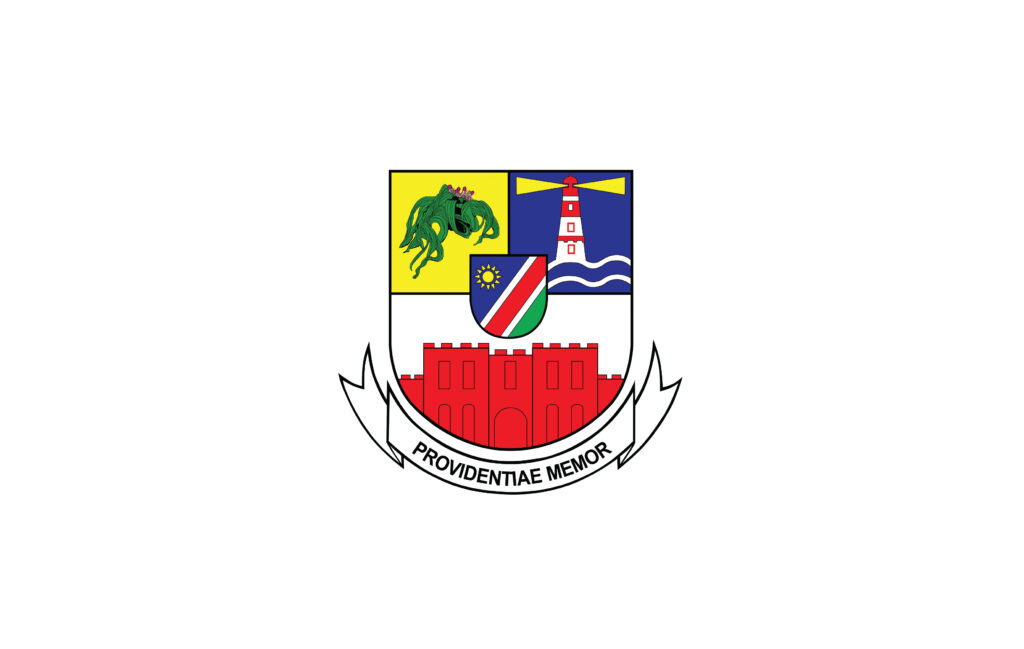
Swakopmund Municipality is a lighthouse municipality for waste management and public-private partnership development in Namibia. They oversee various services, including economic development, health, solid waste management, and urban planning. The municipality is committed to fostering a vibrant, sustainable community with a focus on tourism, local infrastructure, and social services.